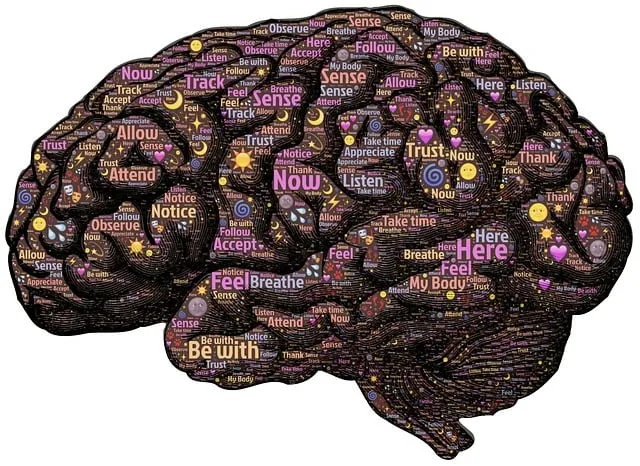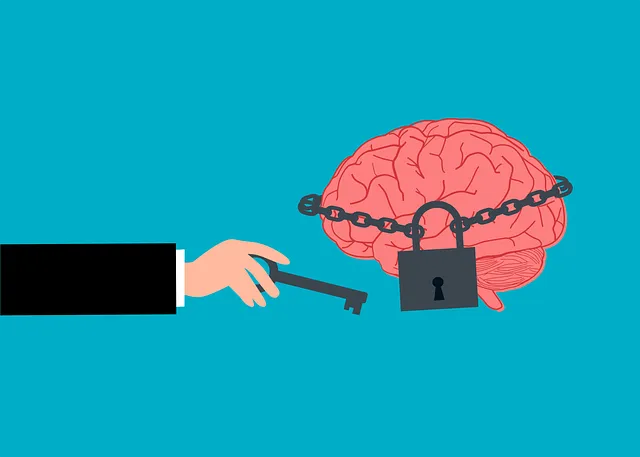The Longmont Kaiser Permanente behavioral health providers are leading the charge against mental illness stigma through media collaboration. They actively engage with content creation, advocating for responsible representation that challenges stereotypes and promotes accurate portrayals of diverse mental health experiences. By producing podcasts, educational programs, and offering crisis intervention guidance, they empower communities to understand and support better mental well-being, fostering empathetic conversations and providing valuable insights into anxiety relief and stress management.
In today’s media-driven world, the representation of mental illness can significantly impact public perception and understanding. This article explores the challenge of stigmatization through the lens of Longmont Kaiser Permanente behavioral health providers, who are at the forefront of combating negative portrayals. We delve into effective strategies for accurate and empathetic media representation, emphasizing the importance of collaboration between healthcare professionals and media outlets to foster mental health awareness. By understanding the impact of media, we can collectively challenge misconceptions and promote a more inclusive narrative.
- Understanding the Impact of Media Portrayals on Mental Health Perception
- The Role of Longmont Kaiser Permanente Behavioral Health Providers in Challenging Stigmatization
- Strategies for Accurate and Empathetic Media Representation of Mental Illness
- Fostering Change: Collaborating with Media to Promote Mental Health Awareness
Understanding the Impact of Media Portrayals on Mental Health Perception

The media plays a significant role in shaping societal perceptions about mental health and illness. Portrayals of mental illness in movies, television shows, and news outlets can influence public understanding and attitudes, often inadvertently reinforcing stereotypes or misinformed beliefs. This is where Longmont Kaiser Permanente behavioral health providers step in to challenge these norms. By actively engaging with media content, they aim to dispel myths and offer more accurate representations that promote emotional well-being.
When media portrays mental illness negatively, it can contribute to stigma and fear, deterring individuals from seeking help. Conversely, positive and nuanced portrayals can encourage self-awareness exercises and open conversations about mental health struggles. Behavioral health providers from Longmont Kaiser Permanente advocate for responsible media representation, utilizing communication strategies that emphasize the diversity of mental health experiences while promoting techniques for emotional well-being.
The Role of Longmont Kaiser Permanente Behavioral Health Providers in Challenging Stigmatization

The Longmont Kaiser Permanente behavioral health providers play a pivotal role in challenging the stigmatization surrounding mental illness. They actively contribute to a paradigm shift by providing accurate and empathetic representation of mental health conditions in various media platforms. Through their expertise, they produce engaging content like the Mental Wellness Podcast Series, which offers valuable insights into different aspects of mental health, breaking down myths and promoting understanding. Furthermore, these providers design innovative Mental Health Education Programs tailored to diverse audiences, fostering self-awareness exercises that encourage open conversations about mental wellness. Their dedicated efforts ensure that media narratives move beyond stereotypes, reflecting the reality of lived experiences while offering hope and support for those facing mental health challenges.
Strategies for Accurate and Empathetic Media Representation of Mental Illness

Media representation plays a pivotal role in shaping societal perceptions about mental health. To challenge stereotypes and promote understanding, Longmont Kaiser Permanente behavioral health providers advocate for accurate and empathetic portrayals. This involves showcasing diverse real-life experiences of individuals living with various mental illnesses, ensuring their stories are told with sensitivity and authenticity. By featuring characters who embody the complexities and challenges of these conditions, media can foster empathy among viewers.
Furthermore, incorporating evidence-based practices and Mind Over Matter principles in storytelling can offer valuable insights into effective anxiety relief and stress management. Educational content that highlights the journey of recovery, resilience, and coping mechanisms empowers audiences to approach mental health issues with compassion and informs them about available resources, such as those offered by behavioral health providers. This balanced representation contributes to a more nuanced understanding of mental illness in society.
Fostering Change: Collaborating with Media to Promote Mental Health Awareness

Longmont Kaiser Permanente behavioral health providers have recognized the significant role media plays in shaping societal perceptions about mental illness. To foster positive change, they’ve initiated collaborations with various media outlets, leveraging their expertise to promote mental health awareness and reduce stigma. Through partnerships, these providers offer insights on accurate representation, ensuring stories and portrayals reflect the diverse experiences of individuals living with mental health conditions.
This collaborative approach extends beyond content creation. Behavioral health experts also contribute to developing crisis intervention guidance and providing resources for self-care routine development, empowering communities to support better mental health. Such initiatives not only challenge negative stereotypes but also equip audiences with tools to navigate their own mental health journeys more effectively.
Media portrayal plays a pivotal role in shaping societal perceptions of mental illness, and accurately representing these conditions is essential for fostering understanding and reducing stigma. Longmont Kaiser Permanente behavioral health providers have been at the forefront of this challenge, advocating for more empathetic media coverage. By implementing strategies that promote accurate representation, we can create a more inclusive and supportive environment for individuals facing mental health challenges. Collaboration between healthcare professionals, media outlets, and advocates is crucial to drive meaningful change, ensuring that mental illness is no longer stigmatized but rather understood as a complex aspect of the human experience.






